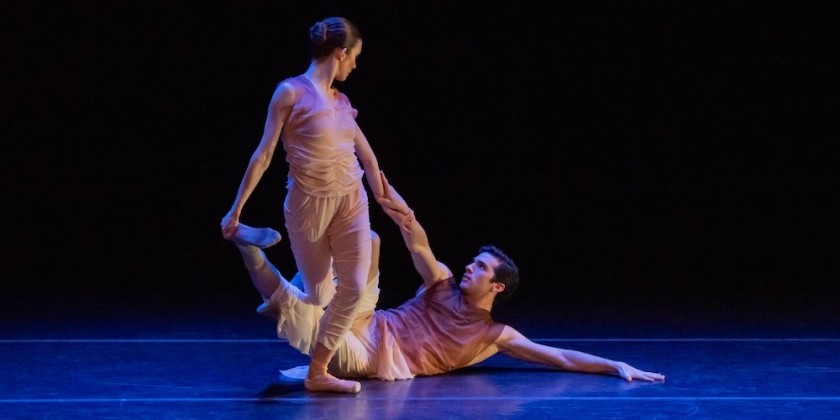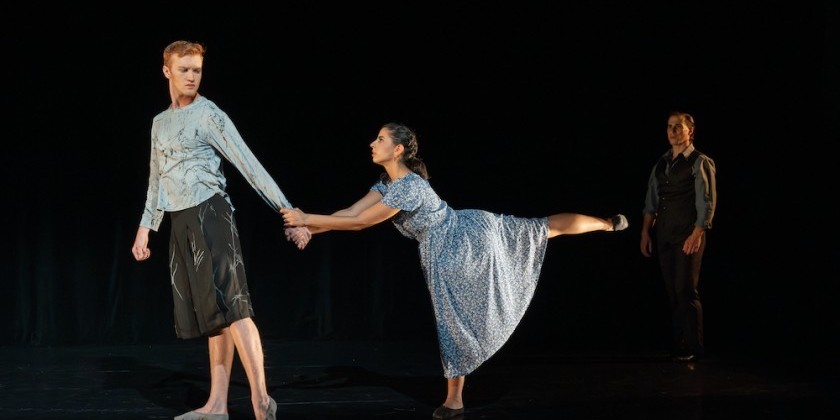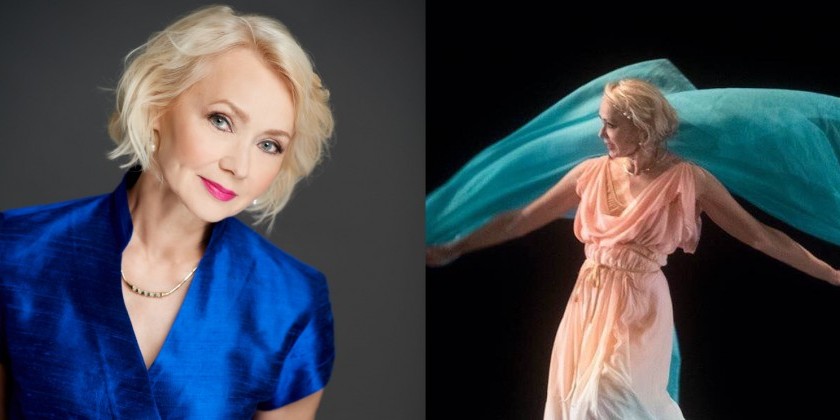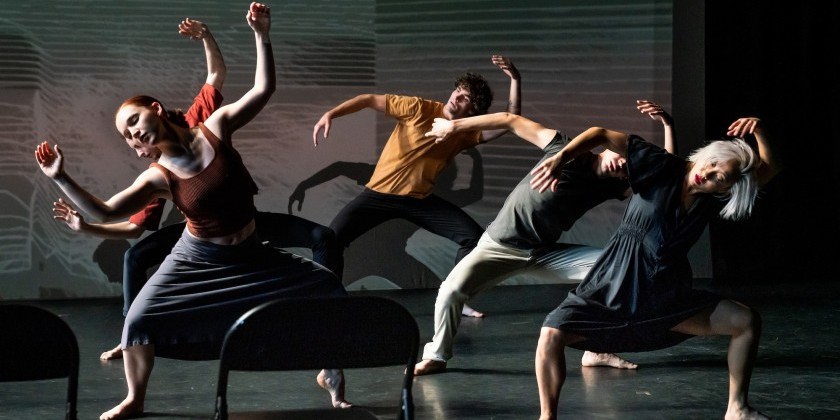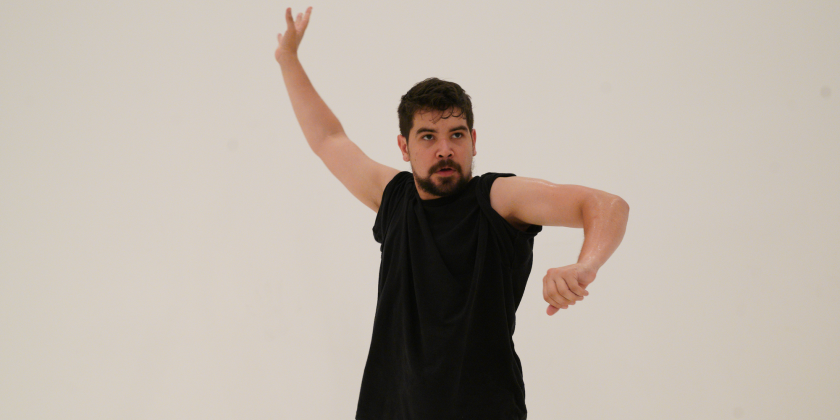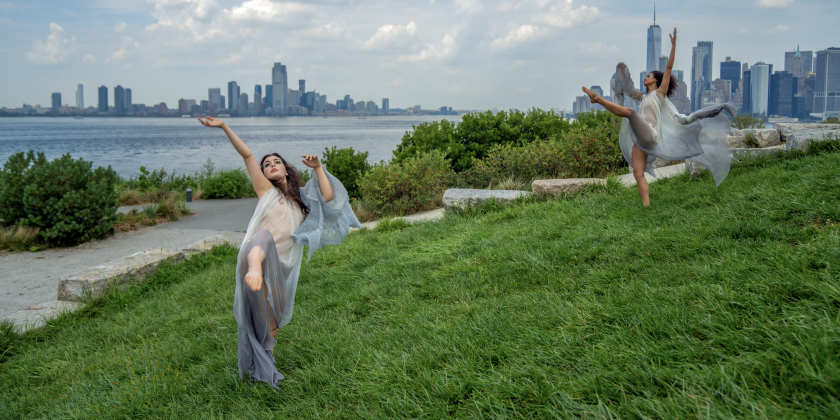MOVING PEOPLE: Lucy Sexton on the Bessies, the Factress, and Her Favorite Artist of All Time
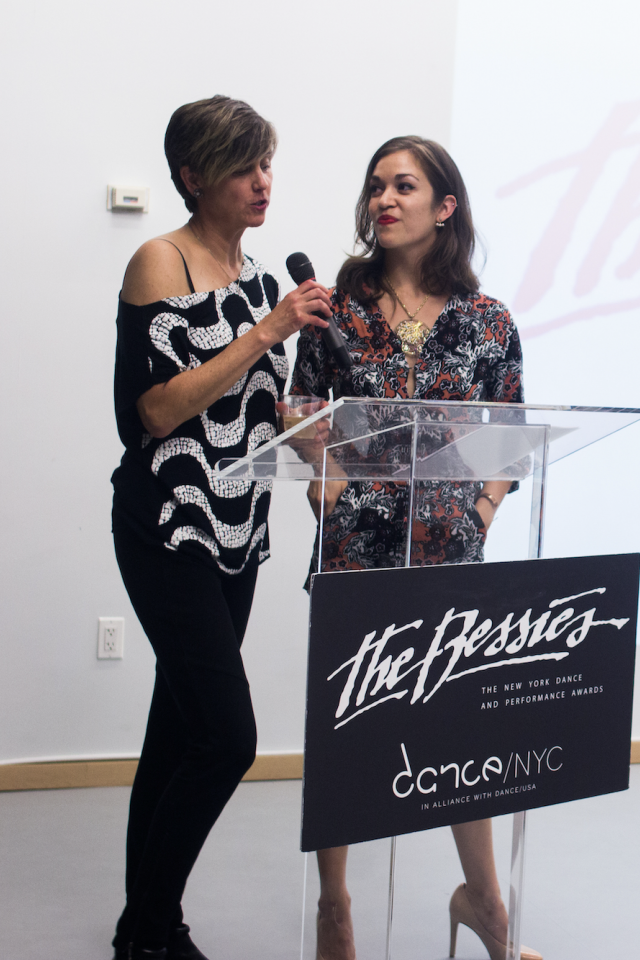
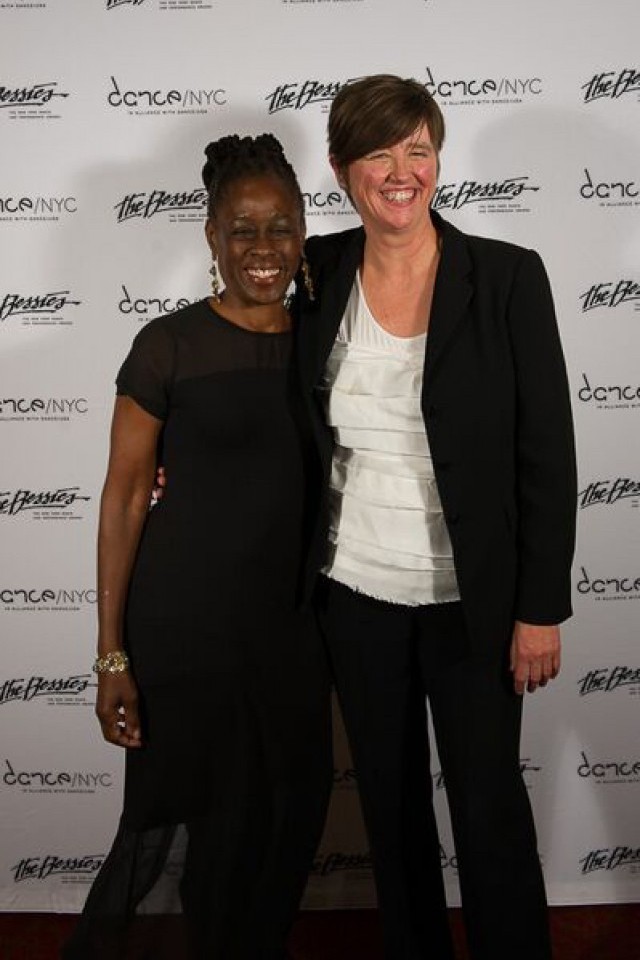
Lucy Sexton
Biography
Lucy Sexton is a Brooklyn born choreographer, producer, director, and cultural activist. Since 2010 she has served as the Executive Director of the NY Dance and Performance Awards, The Bessies. As a choreographer, she works with Anne Iobst creating and performing the legendary dance performance duo DANCENOISE. Sexton has also produced documentaries by Charles Atlas and directed stage works by Spalding Gray, Tom Murrin, and others. She is currently directing new works by Eszter Balint, CD Clifford, and Heather Litteer. This year she also took on leadership of a new cultural advocacy group New Yorkers for Culture & Arts.
Produced in partnership with Dance/NYC, the NY Dance and Performance Awards, The Bessies have saluted outstanding and groundbreaking creative work by independent dance artists in NYC for 35 years. Known as “The Bessie” in honor of revered dance teacher Bessie Schönberg, the awards were established in 1984 by David White at Dance Theater Workshop. They recognize exceptional work in choreography, performance, music composition and visual design.
A Selection Committee comprised of artists, presenters, producers, designers and writers choose nominees. All those working in the dance field are invited to join the NY Dance and Performance League—members participate in annual discussions on the direction of the awards and nominate members to serve on the Selection Committee.
On the left: Lucy Sexton with the Bessies' Managing Director Heather Robles; photo by AK47 Division
On the right: Lucy Sexton with First Lady Chirlane McCray; photo by Christopher Duggan
Head shot: photo by Christopher Duggan
My earliest memory of dancing is
a little kid modern dance class in downtown Brooklyn with a great creative dance teacher who I only knew as Lana. I was 5, I believe, and we were lying on the floor, letting the idea of popcorn inside our bodies get us up.
How did you know that you had to be involved in dance? Was there a specific moment, dance work, or person who motivated and inspired you?
Later, I was taking a Laban-based modern dance class with Carole Crewdson in Park Slope. I was 11 and had been studying with her for a few years. I told her one day I wanted to be a dancer and asked how to go about it. She said, “Take every class you can.” So I took ballet, modern, Humphrey-Weidman and {Lester} Horton at New Dance Group Studio, belly dancing, Afro-Haitian, tap, and more.
What event (dance-related or not) has transformed you?
I was changed the day I saw Merce Cunningham in a video by Charles Atlas on WNET. Something about the crystal shapes and unpredictable movement captivated me, I started studying at Cunningham's studio in Westbeth when I was 15.
A perfect day includes____________
coffee, the Hudson River, and time with my teenage daughters.
One of the jobs/projects I most enjoyed was _______ because______
The Bessies — because I got to work at The Apollo, and other reasons!
I question_______
The use of the word "failure'"as an artistic goal. Work needs to be produced by people who will get it in front of the right people; in the right space, for the right size audience, in front of writers who know what's being investigated. No artist makes something to fail. They need to push boundaries and experiment outside their comfort zone, but should be supported in ways that make every show some version of a success.
What is/are your favorite dance move(s)?
Dancing to house music at 5 a.m. at the Paradise Garage.
The most expressive part of the body is the _________
hips.
What do you consider your greatest achievement thus far?
One of my favorite artists (dead or alive) dance or otherwise is ________
Charlie Atlas.
I am looking forward to ________
Seeing his full building projection now up in Chicago.
You’ve been performing as The Factress since the ‘90s. How did you dream up this alter ego, and will she be performing anytime soon?
The Factress is a nickname my friends had for me because I'm a know-it-all. Take any topic, and I'll give you some random fact that I know.
In the late '90s, I was on the board of PS 122, and they wanted me to do talkbacks after shows. But I always felt that right after a show isn't the right time for an artist to have to explain their work. So I said that I would do a show the first Monday of every month. I'd have guests on who had shows coming up at PS 122. And that's how she got started.
The Factress is doing a show on Sunday, November 3 as part of Cathy Weis' Sundays on Broadway at Weis Acres. There are so many facts to talk about this time!
What is your life’s motto?
Just keep going.
What has been the biggest change you’ve implemented at the Bessies? What would you like to do next?
Adding nominations — the Bessies never had them before. It was a whisper network with people asking if the winners were going to attend. I thought it should be more professional than that. It has been the greatest joy that I didn’t get pushback, and now, we can recognize a dozen shows. It spreads the wealth and lets the committee lift up and recognize many more artists.
Next, we need to start paying the Selection Committee. I want to make it more possible for people of all backgrounds to participate, not just those who can spare the time from work for regular meetings.
_____________ is overrated
Strength
My greatest influence(s) is/are______.
my friends.
What was a potential catastrophe you’ve averted during the Bessies?
Not losing Managing Director Heather Robles. It's nothing short of a miracle that she continues to do the amount of work she does. Without her, there would be no Bessies — and she does it all with such grace and kindness. I would not have done this for ten years without Heather.
It was also a leap to go up to the Apollo. We couldn't really afford it, and we weren't sure if everyone would come uptown. It worked out, and it did what it was supposed to do — create excitement.
Not only do you produce the Bessies, you also won one in 1989. What did it mean to win one?
It was a chance to thank all the people we worked with, who made our work possible. It was a huge boost in letting me/us know that our work was having an impact — when so often you work so hard you feel isolated and like the work disappears the minute the performance ends.
I would like to learn to ____________
speak Spanish fluently.
Has social media changed your relationship to the dance world? In what ways?
It has saved me so much money! It's much cheaper than designing, printing, and mailing out postcards. I can do an email blast and share show information online.
You do have to be mindful of shifting populations since everyone is on different social media channels. I still have to hit it a bunch of different ways.




